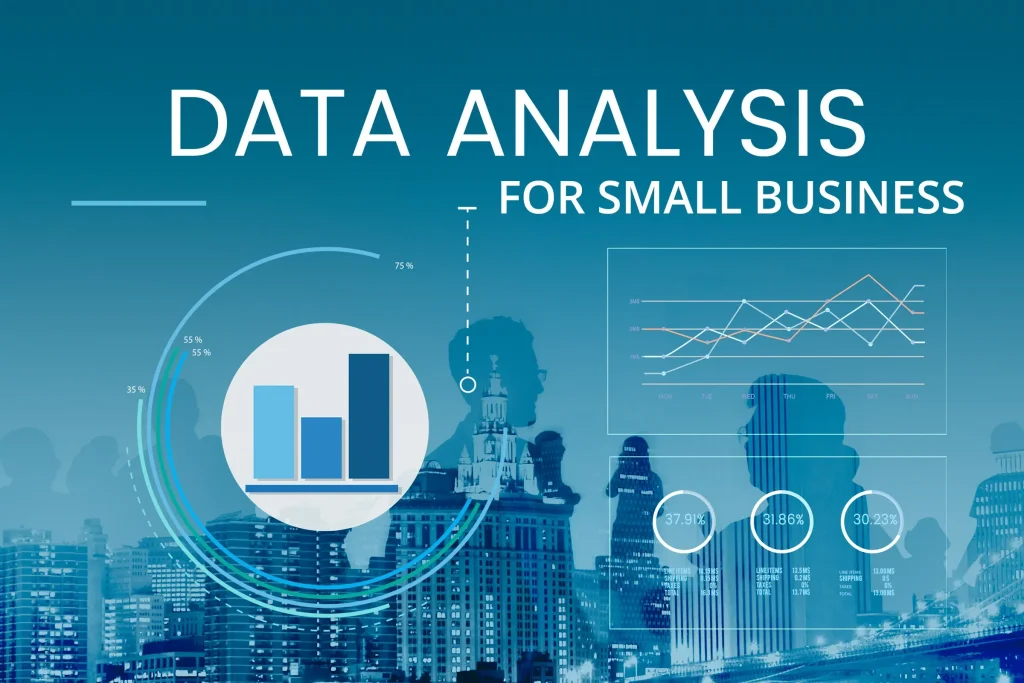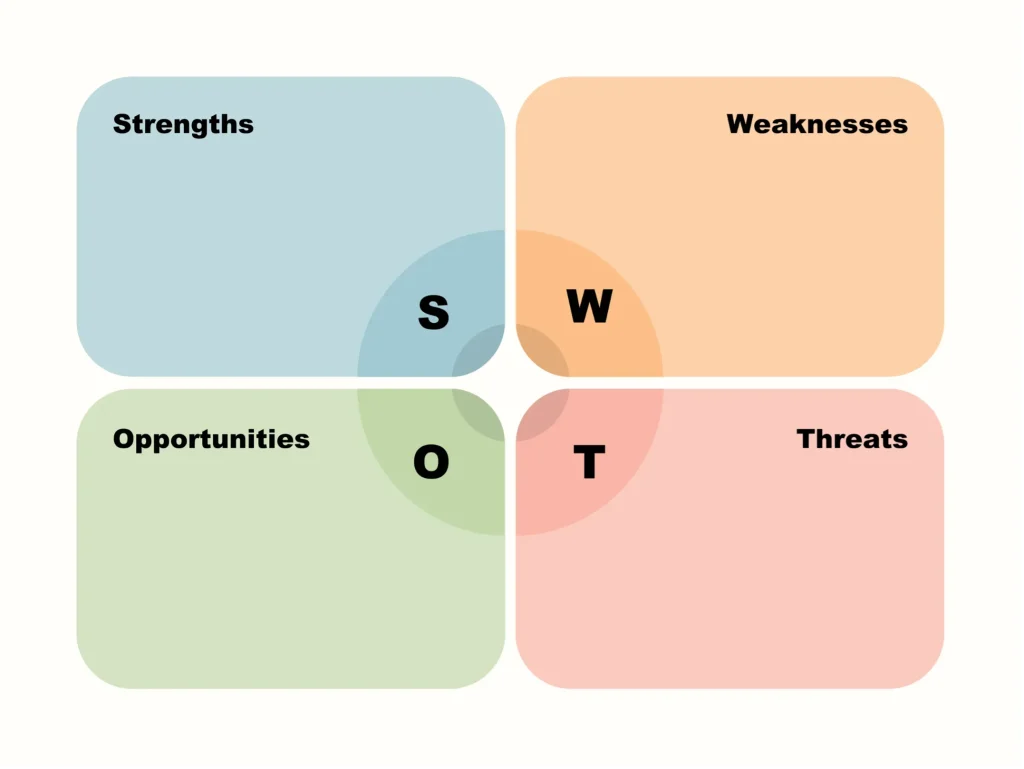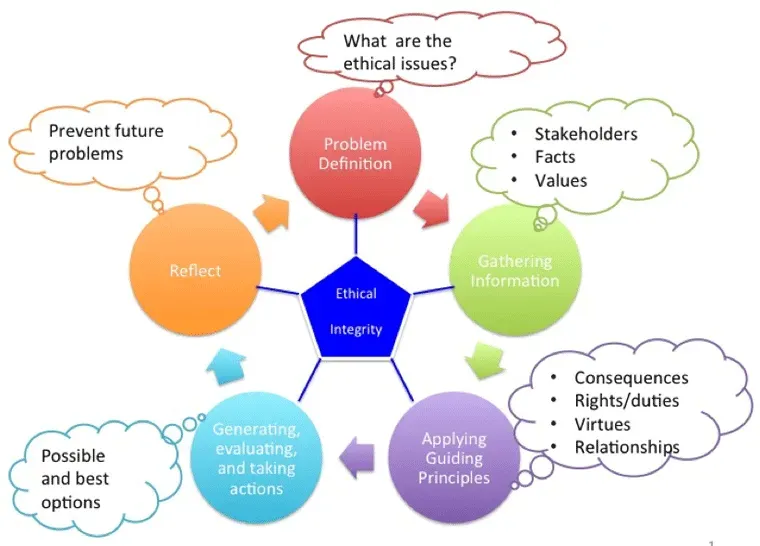Data Analysis for Small Businesses is a practical, scalable approach that helps you turn data into action without requiring a big upfront investment. Using affordable data analytics tools, even startups and small shops can surface actionable insights quickly, without needing a large data team. This guide highlights practical, budget-conscious options that fit tight budgets while delivering clear dashboards and reliable metrics. With a focus on data-driven decision making for SMBs, teams can connect daily operations to strategy, optimize spend, and improve customer experiences. From the insights you uncover to the routine you establish, the aim is to empower every employee with data-informed habits for growth.
Data Analysis for Small Businesses: Practical Tools, Quick Wins, and a Data-Driven Mindset
Data Analysis for Small Businesses makes the difference between guesswork and evidence-based action. Start with budget-friendly data tools that fit tight budgets and scale as you grow, and rely on affordable data analytics tools to surface meaningful insights without a heavy price tag. Through this approach, small business analytics becomes accessible to everyone, empowering data-driven decision making for SMBs even without a dedicated data science team. The goal is to translate raw data into clear signals that guide everyday decisions, from inventory tweaks to marketing spend, in a way that respects limited resources.
To unlock real value quickly, lean into quick wins for SMB analytics that deliver tangible results in days, not weeks. Begin by defining 3 core metrics for each department, assembling a simple weekly dashboard from existing data sources, and mapping the customer journey across awareness, consideration, purchase, and retention. This practical setup keeps you oriented around what matters most and provides a reliable foundation for a data-driven culture—one where decisions are guided by visible evidence and continuous learning, rather than gut feeling.
Frequently Asked Questions
How can Data Analysis for Small Businesses get started with affordable data analytics tools?
Data Analysis for Small Businesses doesn’t require a data science team or costly software. Start with affordable data analytics tools such as a well‑organized spreadsheet with pivot tables and charts, free or low‑cost BI options like Looker Studio or Power BI Free, and lightweight dashboards from your CRM. This budget‑friendly toolkit supports small business analytics by collecting data from sales, marketing, and operations, revealing trends and actionable insights without a big upfront investment. As needs grow, you can add open‑source options (e.g., Python/pandas) or paid add‑ons, but begin with the essentials and build a repeatable analytics habit.
What quick wins for SMB analytics can you implement this week using budget-friendly data tools to support data-driven decision making for SMBs?
Start with a focused set of quick wins for SMB analytics. Define 3 core metrics for each department (e.g., gross margin, CAC, ROAS), build a simple weekly dashboard from existing data sources (spreadsheets, CRM, e‑commerce), and map the customer journey to measure drop‑offs. Monitor a cash‑flow forecast to anticipate gaps, and use an impact‑effort view to prioritize changes. These steps are budget‑friendly and enable data‑driven decision making for SMBs, turning data into visible actions with minimal setup.
| Section | Key Points |
|---|---|
| Introduction | Data Analysis for Small Businesses is practical and scalable; it starts with affordable tools and delivers actionable insights that inform decisions, optimize operations, and improve customer experiences. |
| Why Data Analysis Matters | Data underpins better decisions across the business: optimize inventory, understand customer behavior, and refine marketing spend. Sample questions include: which products profit most, how effective the marketing funnel is, CAC vs LTV, and where bottlenecks occur. You can start with simple metrics and basic tools without a data science team. |
| Affordable Data Analytics Tools | Cheaper options cover core needs: spreadsheets with charts and pivots; free/low-cost BI tools (Looker Studio, Power BI Free); open-source options (R, Python) if you have the capacity; low-cost CRM analytics; budget-friendly add-ons for analytics. Start with the cheapest option that answers your core questions to build a small, reliable toolkit. |
| Quick Wins | Define 3 core metrics per department; build a weekly dashboard that pulls data from existing sources; map the customer journey in a few stages; maintain a readable weekly cash-flow forecast; prioritize changes with an impact–effort matrix to maximize returns with minimal effort. |
| Building a Data-Driven Culture | Define clear data definitions; assign data ownership; provide basic data training; encourage questions and experimentation; celebrate data wins to reinforce the value of analytics. |
| From Data to Decisions | Follow a simple, scalable plan: list business questions, gather the needed data, build a visual, easy-to-interpret dashboard, review results with the team, and iterate by adding more metrics as the data pipeline matures. |
| Practical Case | A small e‑commerce retailer uses a weekly dashboard showing gross margin by product, monthly ad spend, CAC, and churn for repeat customers; tracks top five products, identifies seasonal trends, and measures ROAS; reallocates marketing spend to high-margin items and runs retention campaigns to reduce churn. |
| Advanced Considerations | As the business grows, expand data sources, build role-based dashboards with drill-down, automate reporting, invest in data governance, and explore predictive analytics when enough data exists for inventory planning and revenue forecasting. |
| Conclusion | Data analysis for small businesses is achievable with modest budgets and simple architectures. It emphasizes actionable insights, affordable tools, quick wins, and a data-led culture, driving better profitability, customer satisfaction, and efficiency. |
Summary
Data Analysis for Small Businesses is a practical, scalable approach that lets SMBs turn everyday data into clear, actionable insights. By starting with affordable tools, focusing on quick wins, and fostering a data-driven culture, small organizations can improve profitability, customer satisfaction, and operational efficiency without a heavy upfront investment. This guide outlines why data analysis matters for SMBs, the tools that fit tight budgets, and a simple plan to move from data collection to meaningful decisions. As you embed data into daily routines and decisions, you build resilience, transparency, and competitive advantage—one insight at a time.



